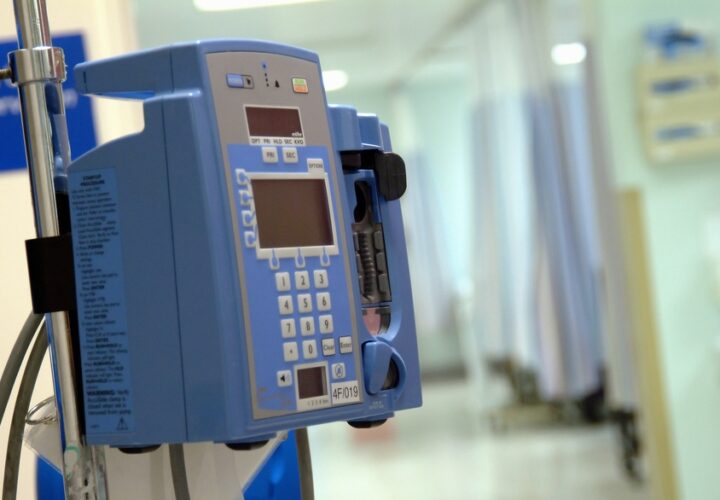A Florida man with dementia went missing yesterday after evacuating to South Carolina out of Hurricane Irma’s path. John Pasquale, the 77-year-old evacuee, requires several medications that he didn’t have with him, according to a written statement by the sheriff’s office.
“He’s got dementia. He’s confused. I’m sure he’s in a panic not realizing I’m not there to help him,” his wife, Donna DePasquale, said on Thursday, according to local news reports.
While he was found later that night, his disappearance raises a concern many caregivers face during emergency situations. In times of stress and confusion, dementia and Alzheimer’s patients are at increased risk of agitation and wandering. For Alzheimer’s caregivers, natural disasters add more anxiety to an already stressful situation; for Alzheimer’s patients, natural disasters can be especially confusing and distressing.
With Hurricane Harvey in the rearview mirror and Irma in the midst of unfolding, emergency preparedness is on everyone’s mind. Even if you don’t live in an area typically hit by hurricanes, recent events like the flooding in Texas, earthquake off the Mexican coast and the devastation in Puerto Rico, Barbuda, St. Martin and the U.S. and British Virgin Islands can be a reminder that dramatic weather events can hit at any time.
The Alzheimer’s Association offers these tips for preparing for an emergency. For immediate assistance, call the Association’s 24-hour help line at 1-800-272-3900.
Preparing for the Emergency
- Make a plan and have an accessible emergency kit that includes medical supplies, a list of medications and dosages, insurance information and Social Security cards, personal health record, several changes of clothes, incontinence supplies, a spare pair of eyeglasses, a recent picture of the person with dementia, physician phone number, flashlight and batteries, bottled water and food. If a walker, wheelchair or oxygen is used, take that into account.
- Be aware of residential evacuation plans. If your family member with dementia lives in a care facility, find out who is responsible for evacuation.
- Identify potential help. Know which family members and friends can help during an evacuation.
- Plan ahead for prescriptions. Have extra medication on hand. If you have to leave quickly, know that Medicare allows for prescription drug access in other areas.
Right Before the Emergency
- Move to a safe place.
- Do not delay evacuation, especially if it involves driving.
- Alert family, friends and medical personnel that you are changing locations and keep them updated.
During an Emergency or Evacuation
- Be prepared for unexpected reactions from a patient with Alzheimer’s even if they’re in the early stages. Stress can increase the risk for wandering and agitation.
- Share the diagnosis with others if appropriate, so shelters, airline attendant or hotels can provide extra assistance.
- Try to remain calm to establish a positive tone.
- If the person with dementia becomes agitated, the Alzheimer’s Association offers these tips:
- Approach the person from the front and use his or her name.
- Use calm, positive statements and a patient, low-pitched voice.
- Respond to the emotions expressed rather than the words. For example, “You’re frightened and want to go home. It’s OK, I’m here with you.”
- Don’t argue with or correct the person. Instead, affirm his or her experience, reassure and try to divert attention. For example, “The noise in this shelter is frightening. Let’s see if we can find a quieter spot and look at your photo book.”
The American Red Cross offers information on where to find shelter in a disaster.


